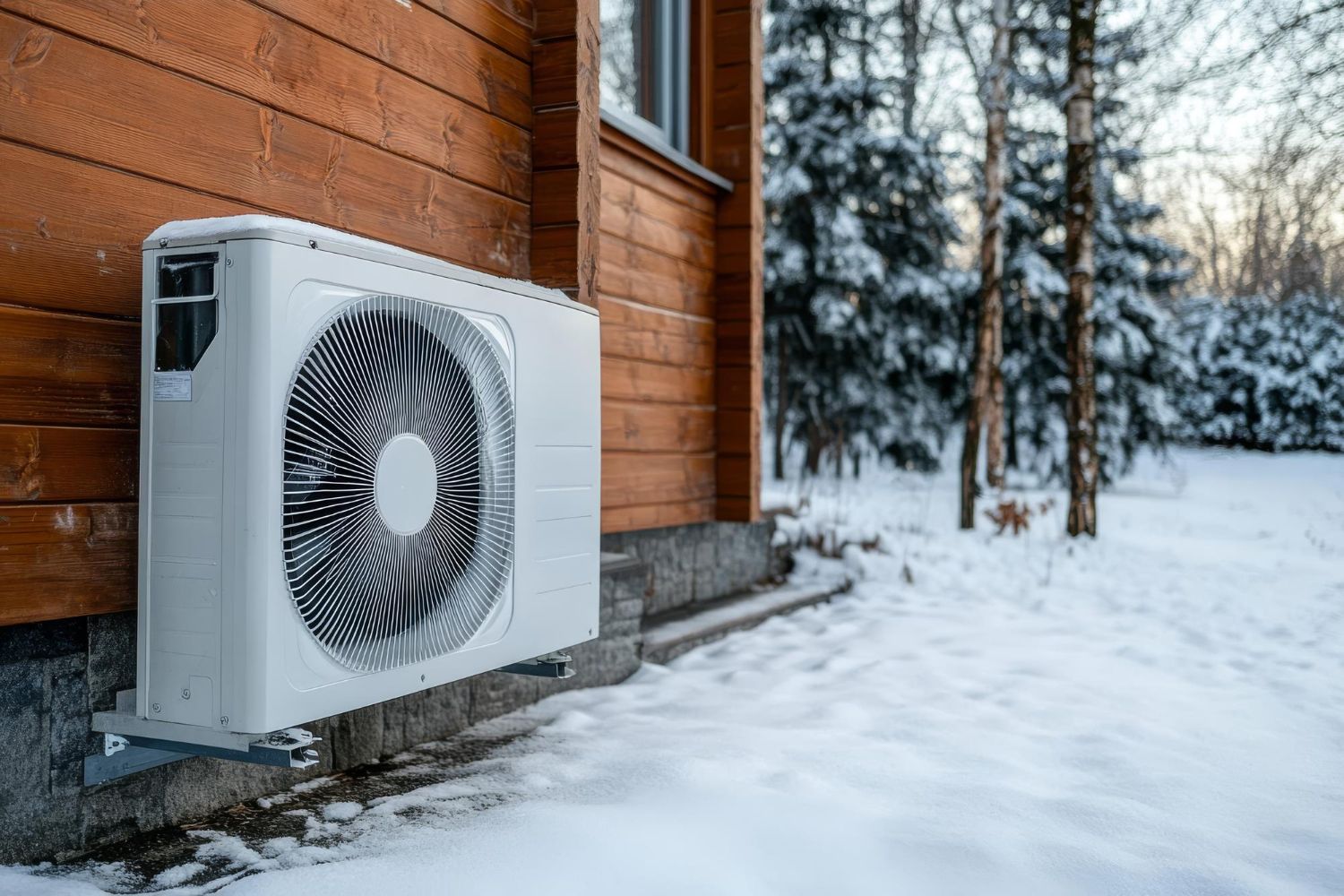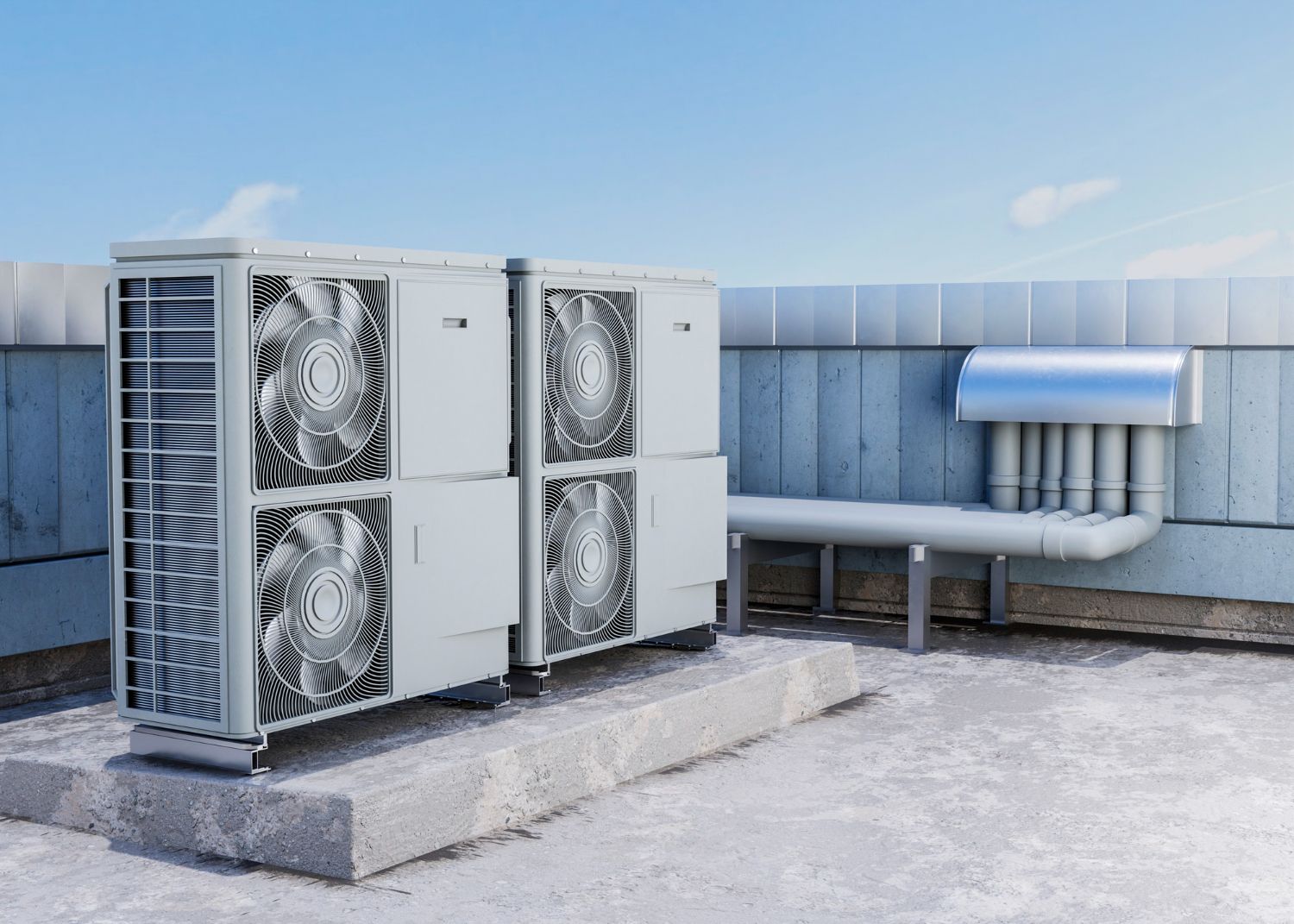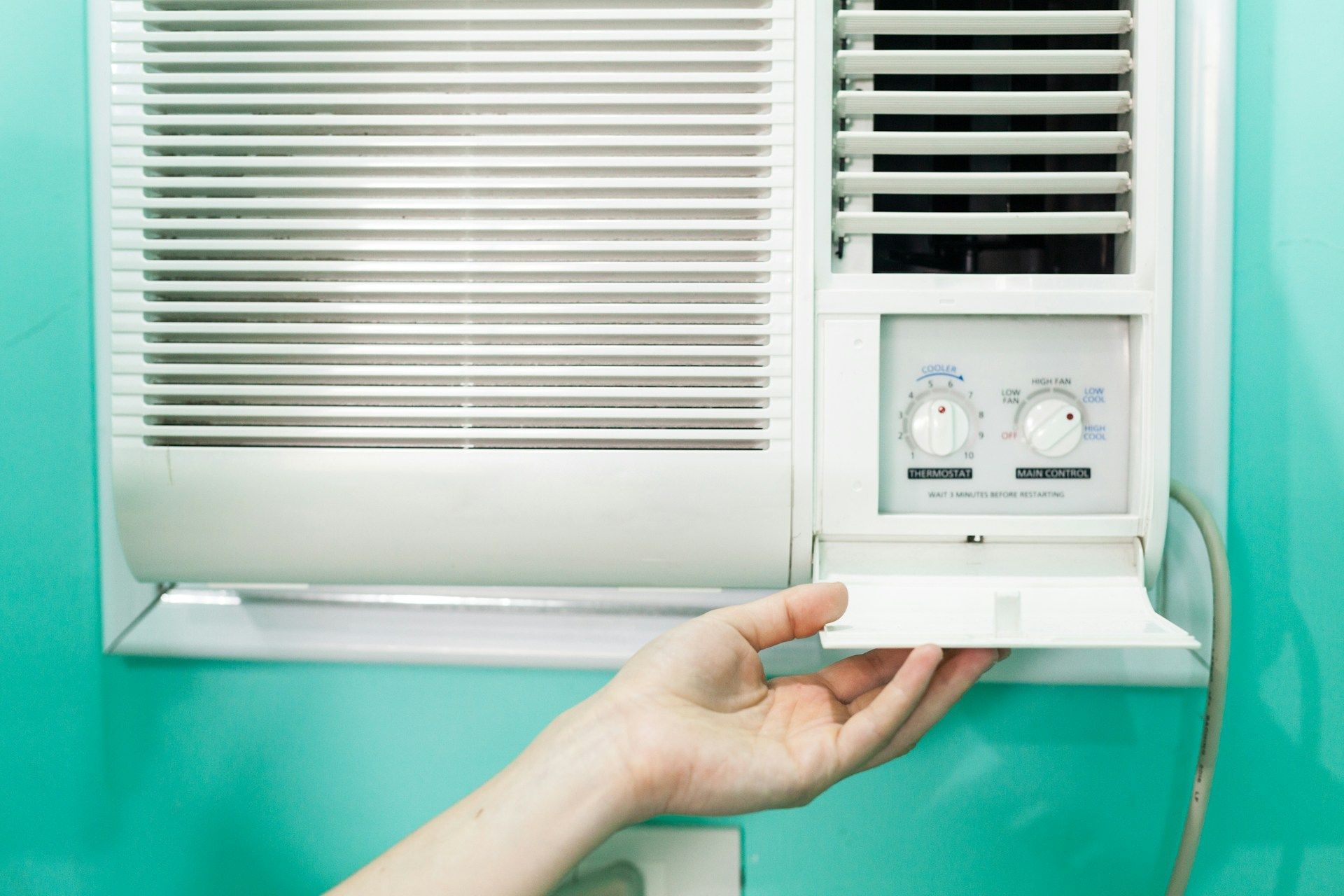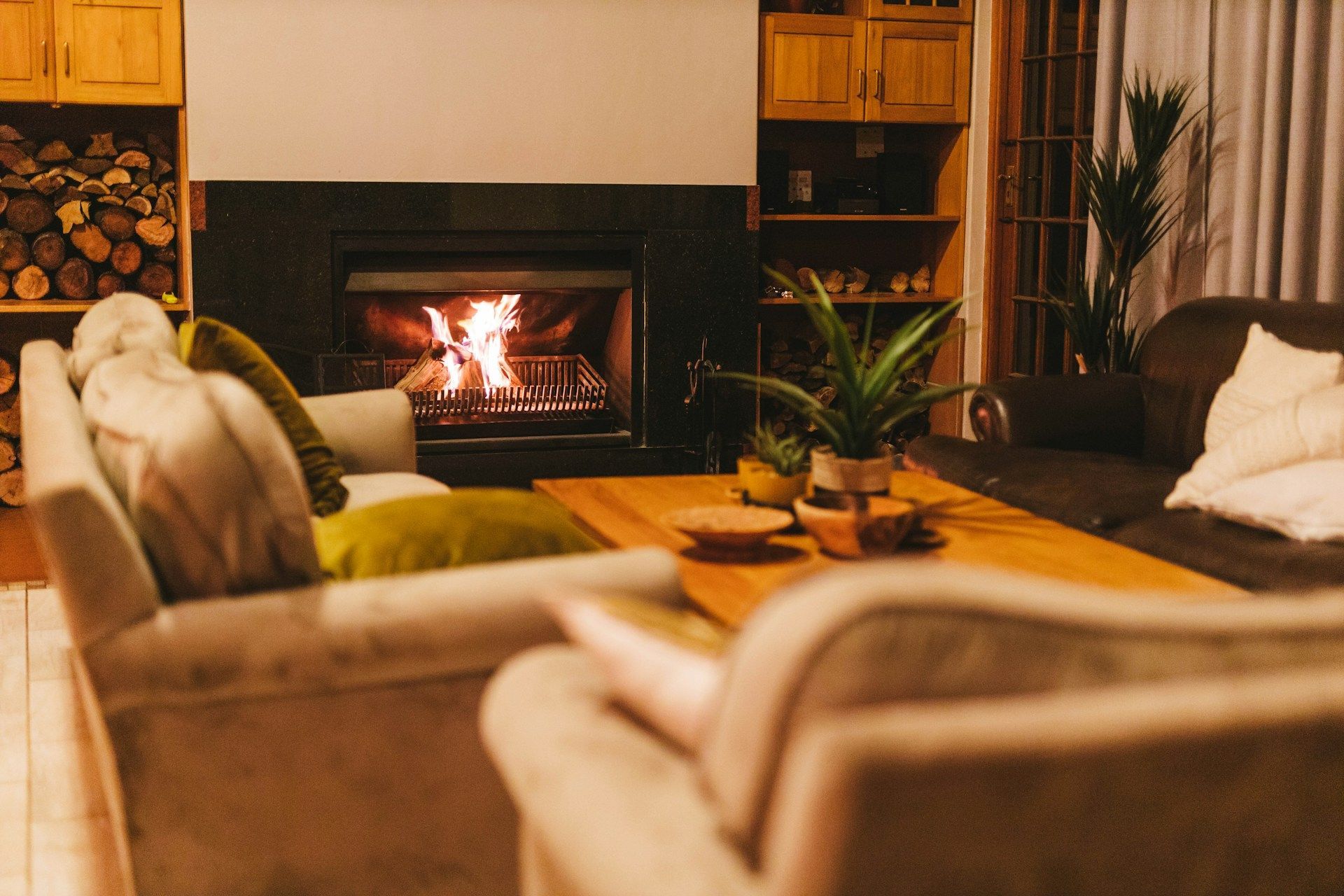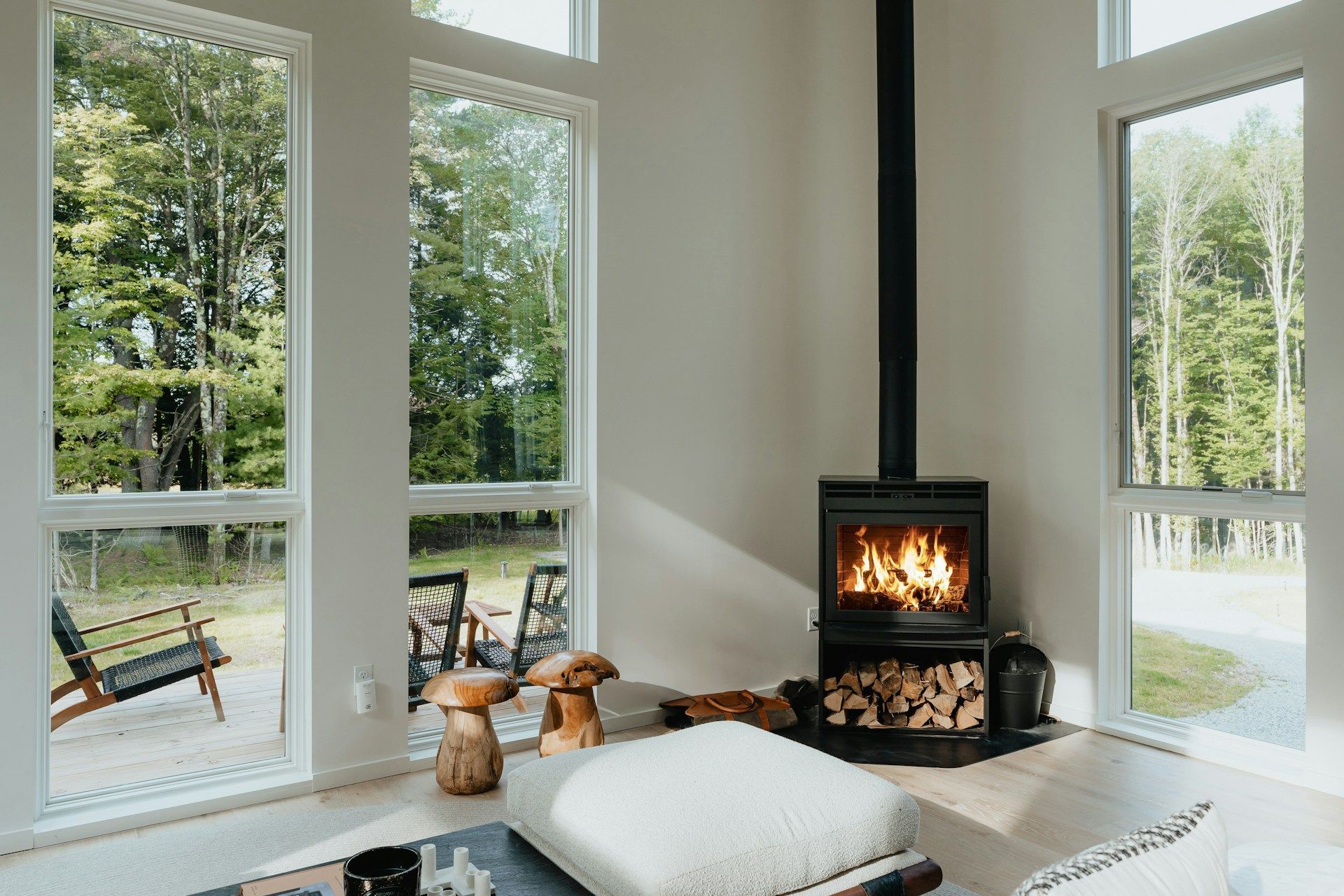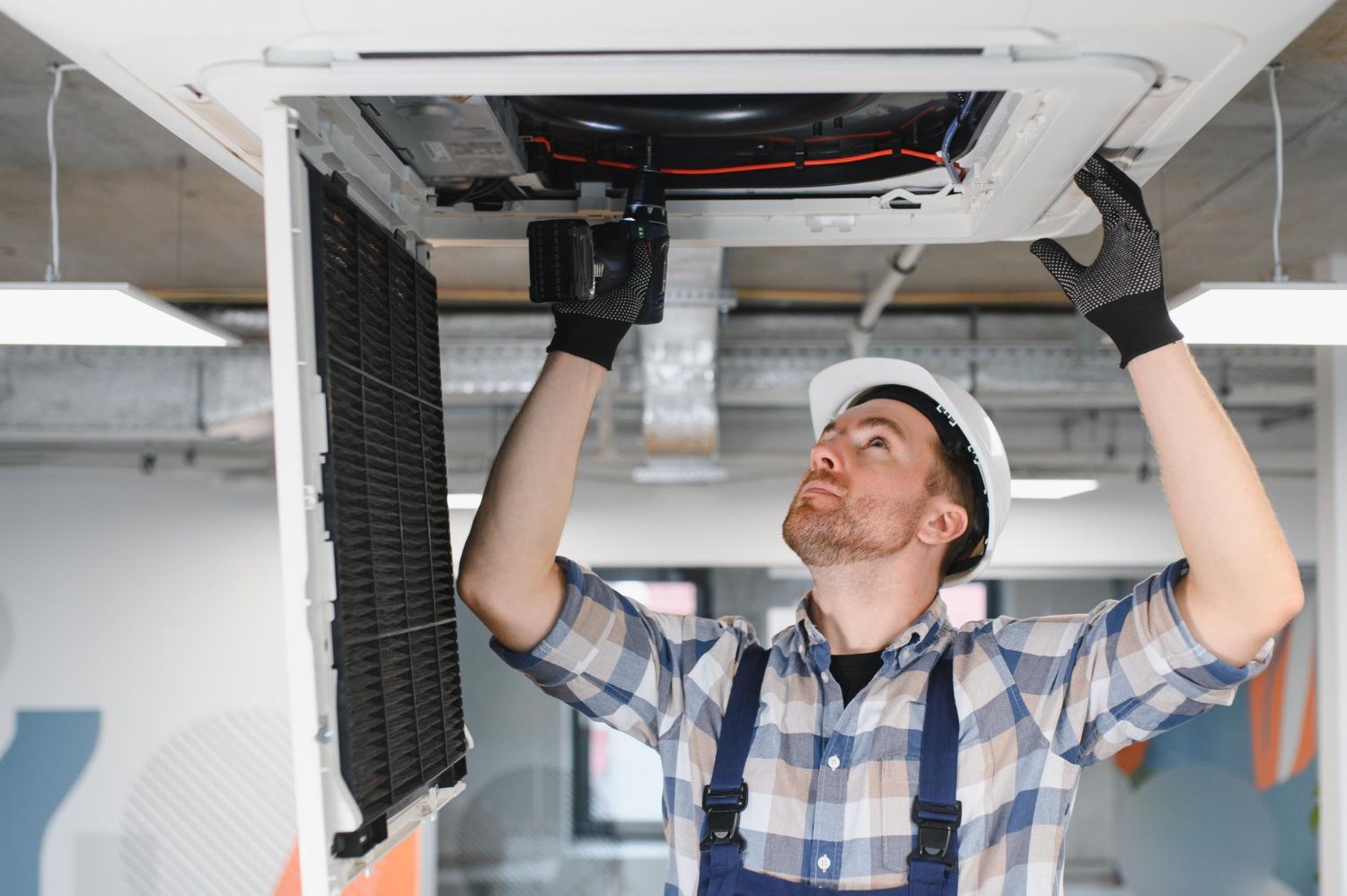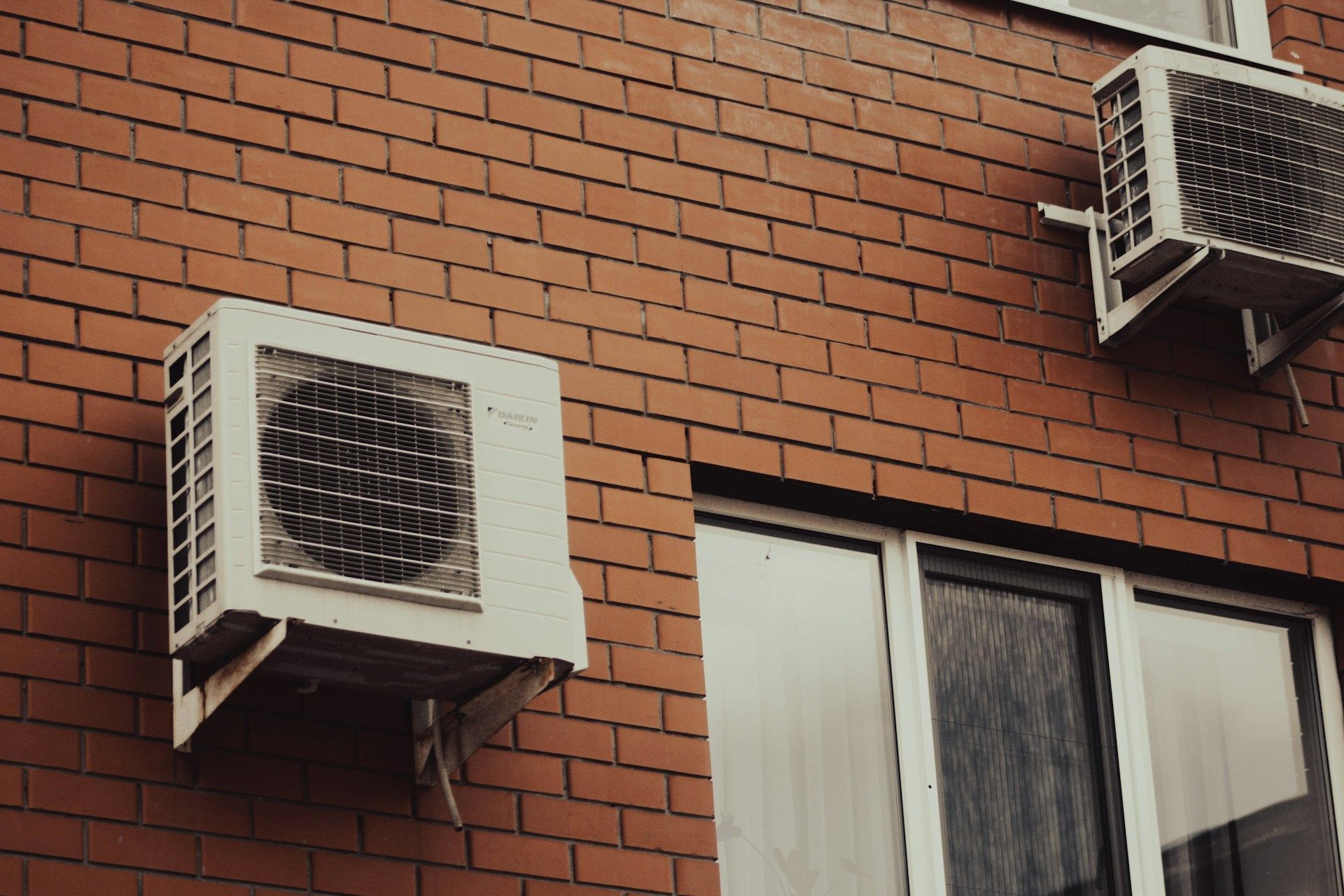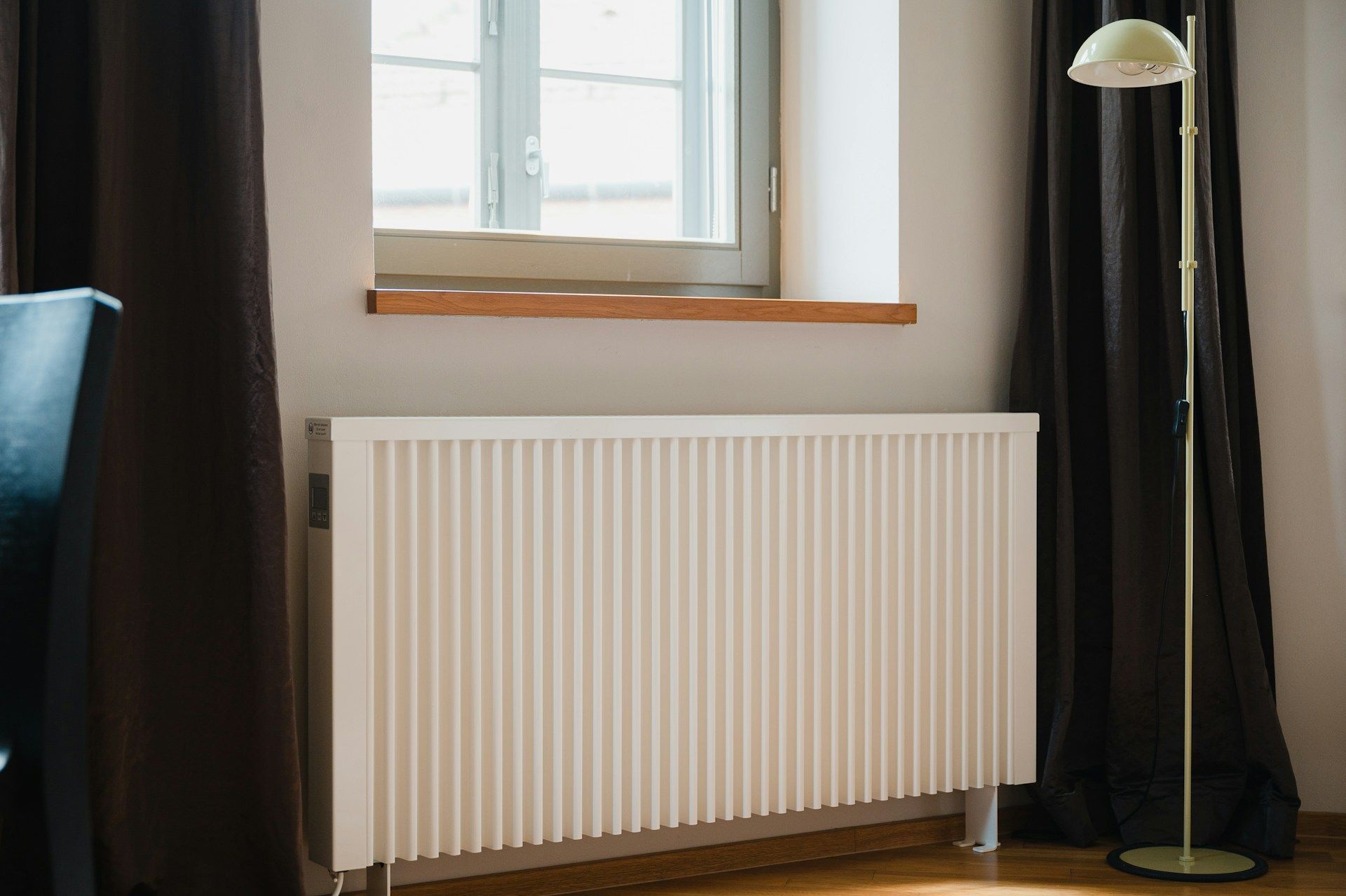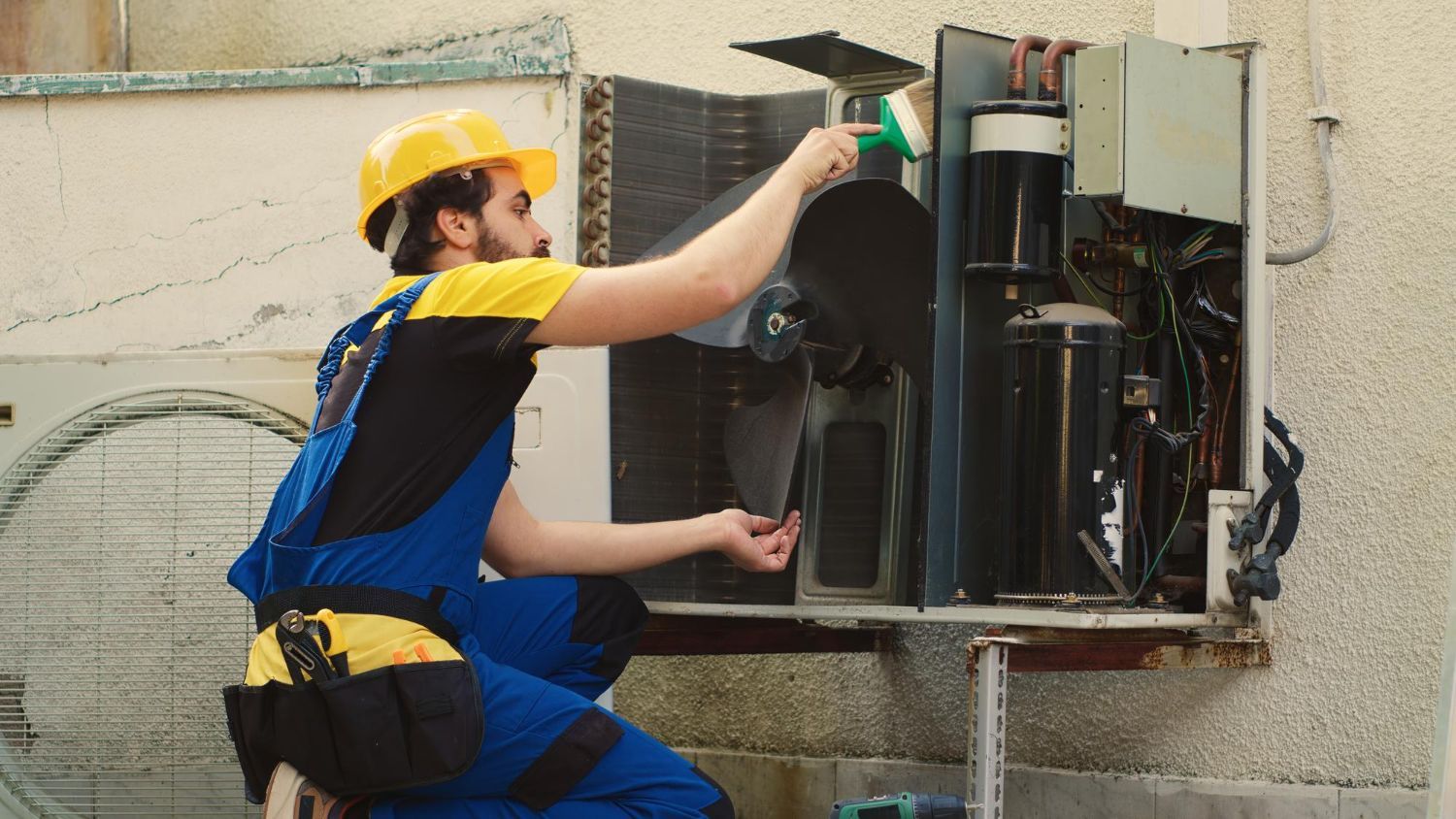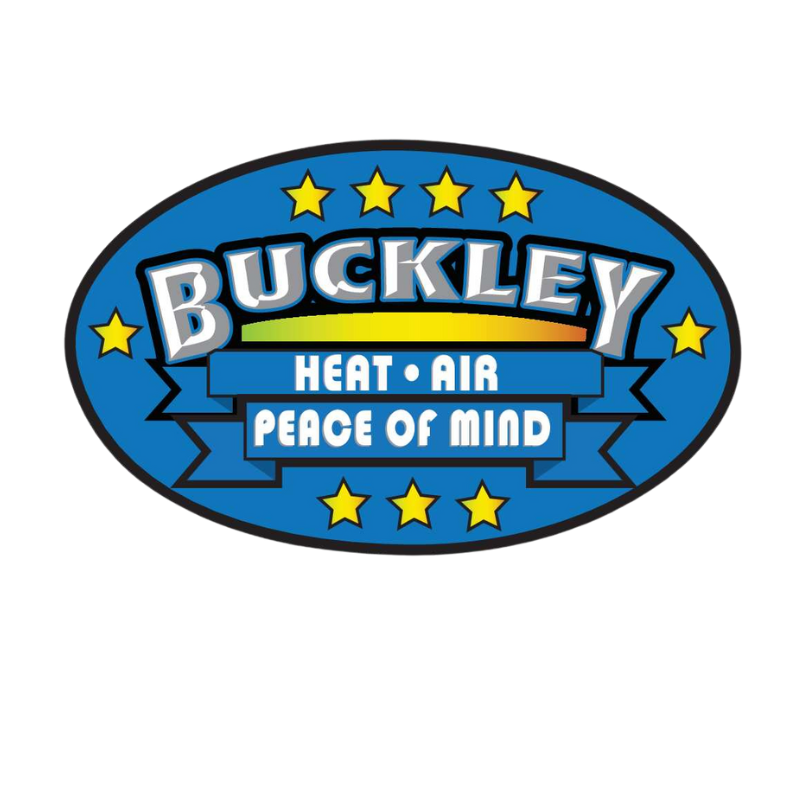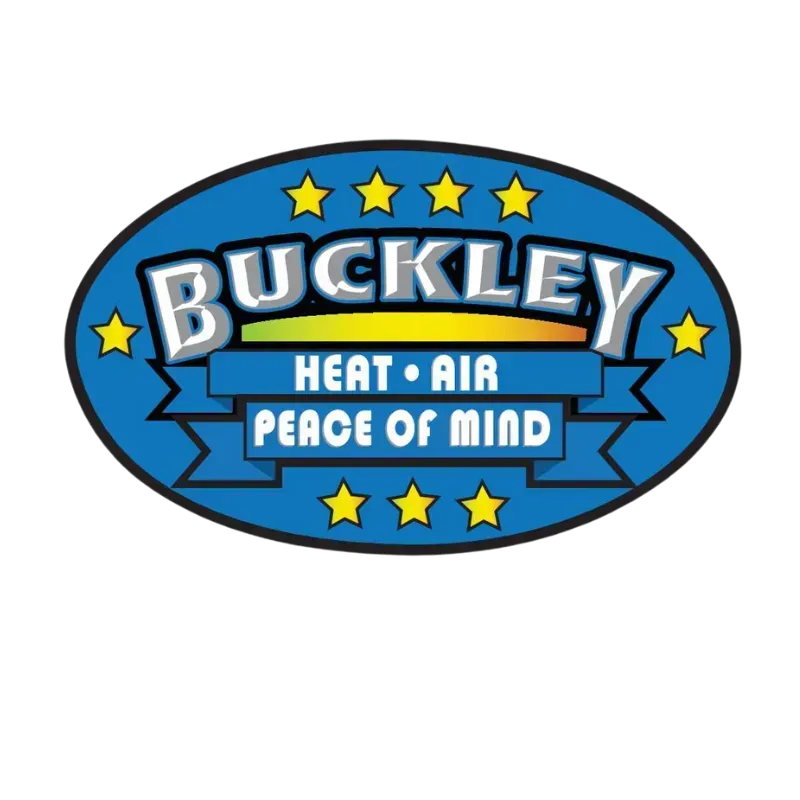Your AC does a lot more than just cool the house. It can affect how your home feels, smells, and even how well you breathe. When it’s working the way it should, it helps remove moisture, control airflow, and filter out unseen particles. But when something goes wrong with your system, it doesn’t just mean higher energy bills, it can also lead to real health concerns.
People often overlook how AC problems can quietly impact day-to-day health. From headaches to breathing trouble, issues inside your system may be to blame. Things like trapped moisture, poor airflow, or dirty filters are common but can add up fast. Here are some common air conditioning problems that could be affecting your health without you realizing it.
Poor Air Circulation Can Create Stale and Unhealthy Spaces
When an AC unit isn't moving air effectively, it starts to feel obvious. You notice stuffy rooms, uneven temperatures, and that heavy air sensation. But the bigger concern is what all that trapped, still air can mean for your well-being. Without strong circulation, pollutants, odors, and allergens can get stuck and stay in place.
Poor air circulation can lead to:
- Headaches from stale and oxygen-poor air
- Lightheadedness or dizziness
- Breathing discomfort, especially for those with asthma or allergies
- Mold spores or allergens collecting in certain parts of the home
- A musty, lingering smell in your living space
Your AC system depends on clean filters, working vents, and a properly functioning blower to get air where it needs to go. If any of those parts stop working, your home can slowly fill with dust, odor, and other pollutants. Problems like this don’t always pop up overnight. Symptoms often build over time, making it harder to connect them back to the AC system.
This is especially common in older homes or if the system hasn't been serviced regularly. Sometimes only certain rooms feel uncomfortable, which can point to uneven airflow. That might be due to blocked vents, an aging fan motor, or clogged ductwork. Something as simple as furniture blocking a vent can affect airflow, but if the whole house feels off, a deeper issue is usually present.
How Mold and Mildew Thrive in AC Systems
Mold and mildew grow fast in places where there’s warmth and moisture. Unfortunately, AC systems that don’t work well can create those perfect growing conditions. If humidity builds up or the unit isn’t draining properly, moisture gets trapped and stays hidden inside.
This leads to mold spores spreading through your home each time the AC turns on.
Common signs your AC might be spreading mold include:
- Musty or earthy smells, especially near vents
- Dark spotting around vents or near drainage lines
- Allergy symptoms worsening when the AC runs
- Ongoing coughs or throat irritation with no known cause
For people with asthma or weakened immune systems, this exposure can be more than just annoying. It could cause stronger symptoms over time and impact respiratory health. If your home stays sealed during summer months to keep cool, the lack of fresh air can actually make it worse. Mold loves still air and dark ductwork.
Most mold issues happen when the drainage lines are clogged, coils are dirty, or refrigerant levels are running low. Each of those problems creates extra stress on the unit, which leads to more condensation and eventual mold growth. Left untreated, that mold keeps spreading and can even shorten the lifespan of your AC.
Buildup of Dust and Allergens From Poor Maintenance
Dust settles everywhere, and your AC is no exception. Without proper care, your system becomes a magnet for dust, pollen, and other debris. This buildup shows up inside filters, air ducts, and even the coils and fan motor. Every time the AC runs, those particles make their way back into your living space.
You might have a dust and allergen problem if:
- Dust piles up much faster than normal
- Sneezing or coughing increases while indoors
- Family members sleep poorly because of nasal congestion
- Allergy flare-ups continue even with closed windows
Pets, pollen, and even furniture materials can release bits that end up in your AC system. If the filter is overdue for a change or no filter is installed, those particles just keep circulating. Most vents look clean on the outside, but what’s hiding inside the ducts can be another story. If dust is building up where you can’t see it, chances are the whole system needs attention.
Skipping filter replacements may not seem like a big deal, but those clogged filters won’t catch airborne particles very well. That means whatever is floating in your AC ends up in the air you breathe. Cleaning ducts and swapping out filters on schedule is one of the easiest ways to breathe easier at home.
Carbon Monoxide Leaks Are a Silent Danger
You may not think about carbon monoxide when you think about your AC, but if your HVAC system includes a heating element powered by gas, it's something to keep on your radar. While AC units alone don’t create carbon monoxide, the connected ductwork or furnace system might.
Carbon monoxide is both colorless and odorless, which makes it really hard to catch without a working detector. It can leak slowly into your home and lead to symptoms like:
- Headaches that don’t go away
- Nausea or a foggy-headed feeling
- Fatigue that feels worse at home than elsewhere
- Dizziness that comes and goes
People often chalk these symptoms up to stress, allergies, or other causes, but a leaking HVAC system could be the reason. Carbon monoxide can linger in air that isn’t being vented properly, especially in homes without good airflow.
This is one of the biggest reasons to book regular inspections. A professional technician won’t just check if your AC produces cool air, they’ll also check that heat exchangers, gas lines, and ducts are sealed and working the way they should. If your heating and cooling systems share air circulation, it’s worth getting both sides checked to keep your home safe.
Signs It’s Time To Call For Air Conditioning Repair Service
Sometimes your house may feel mostly fine, but small warning signs are already showing up in your AC system. A lot of health problems caused by faulty units don’t appear all at once. Knowing what to look for helps you fix the issue before it gets worse.
Look out for signs like:
- Air that feels hot, humid, or sticky
- Moldy or stale odors when the AC is running
- Rooms that vary a lot in temperature
- Unexplained shortness of breath or recurring headaches at home
- The unit constantly starting and stopping
- Dust collecting around floor vents too quickly
- A sudden spike in your energy bill
While one or two of these signs might not seem like a big deal, having a few together often means the system’s struggling. Ignoring them gives time for dust, mold, and moisture to build up. And if your system is already leaking carbon monoxide, it’s not something you want to delay.
You don’t have to wait until your AC stops working completely. Contacting a professional at the first sign of trouble can help lower repair costs and avoid health problems from getting worse. A good technician will clean, inspect, and restore safe airflow to get things back to normal.
A Healthier Home Starts With a Clean AC System
Your AC should make your home more comfortable, not less safe. If you’re noticing strange smells, thick air, or symptoms like sneezing and headaches only when you’re at home, there might be something wrong with your HVAC system that needs to be fixed.
Many AC-related health issues grow slowly over time. That’s why seasonal maintenance is so important. Dust, mold spores, and airflow problems won’t solve themselves. And waiting can turn what starts as a fixable problem into something much more expensive and risky down the line.
The peace of mind that comes with a clean, working system is something every homeowner deserves. If your system hasn’t had a checkup in a while or things feel off, it’s a smart move to get it looked at now before it turns into a bigger issue. A little
attention today can help your AC support a cleaner, safer home tomorrow.
For a safer and healthier home, address any AC concerns right away. If your system shows signs of trouble, it might be time to schedule an
air conditioning repair service with Buckley Heat Air. Don’t let small problems grow into costly repairs. Take the first step toward cleaner air and better comfort by getting your system checked today.

